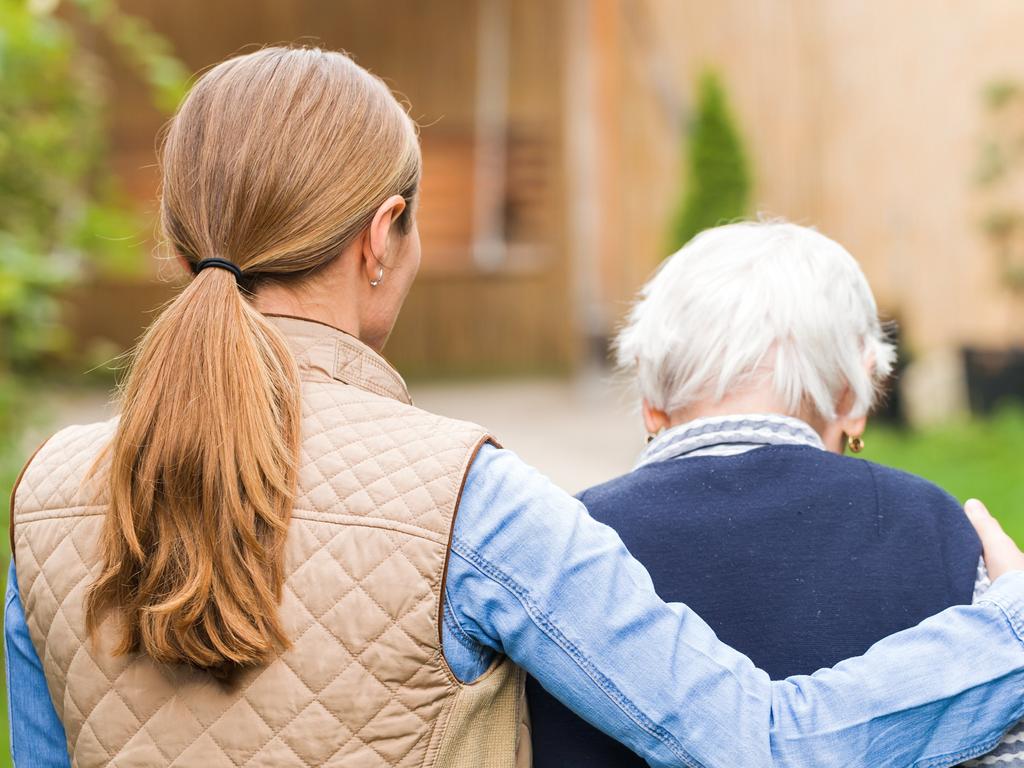Age Discrimination Commissioner Kay Patterson’s final word on ‘pervasive prejudice’
Ageism is the most pervasive and tolerated prejudice, with harmful consequences for older Australians, but education is the key to reducing harm, a new report finds.

Ageism is “the most pervasive and tolerated form of prejudice” in Australia, yet it can lead to serious health and wellbeing consequences for older people, the nation’s outgoing Age Discrimination Commissioner warns.
Kay Patterson, who says new research shows ageist attitudes can be effectively addressed through education programs, is urging government and private organisations that provide services to older Australians to deliver ageism awareness training to their staff.
Dr Patterson, whose seven-year term as Age Discrimination Commissioner ends later this month, said compared with the other “isms” such as racism and sexism, ageism may come from a well-intentioned place but it still remains potentially harmful.
“Ageism can have serious consequences for older people’s health and wellbeing,” she said. “Studies have linked those who experience or internalise ageist attitudes with shorter lifespans, reduced quality of life, and physical and mental health conditions.”
Dr Patterson said despite the harms, it remains more socially acceptable to have ageist attitudes than racist or sexist ones. “Perceiving older people as being in need of assistance and experiencing physical and cognitive decline, though … well-intentioned … can lead to patronising and paternalistic treatment of older adults.
“Speaking slowly and loudly to an older person, or making a comment like ‘You look good for your age’ are based on implicit biases about older age,” she said.
The commission released a report in 2021 that found more than 80 per cent of Australians considered ageism a problem. The same survey found 60 per cent of people had stereotyped others or made assumptions about people based on their age.
It also found 52 per cent believed making jokes about age was more socially acceptable than making jokes about things such as race or gender.
A new study by the commission has examined the impact of ageism awareness training for those working with older people.
Having completed the 2.5-hour training program, 90 per cent said they had rethought the way they communicated with older people, and more than 80 per cent had reconsidered their attitudes to ageing, it found.
“Ageism may be the most accepted form of prejudice, but it is also the easiest to shift,” Dr Patterson said. “It’s so exciting to see that a short, one-off training session has the potential to positively affect the way older people are treated. I urge governments, businesses and other institutions to provide ageism training to promote positive intergenerational relationships.”
The report found ageism was “so deeply ingrained in our societal norms and values that it can be difficult to recognise within ourselves and our surroundings.”
A separate report released in October last year found ageism was more of a problem for Australians in their 50s and 60s than for those in their 80s.







To join the conversation, please log in. Don't have an account? Register
Join the conversation, you are commenting as Logout